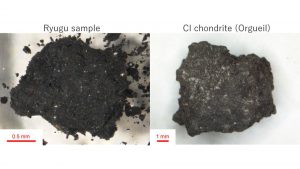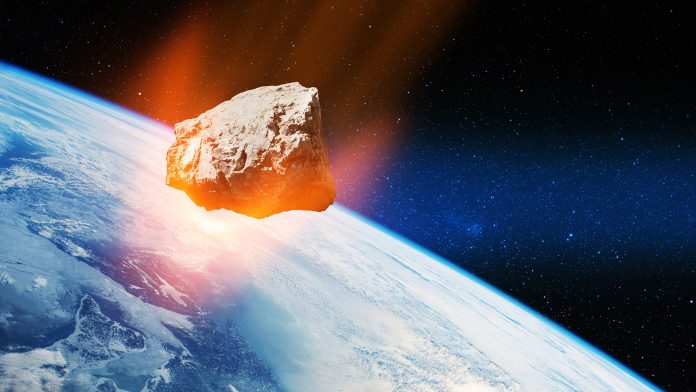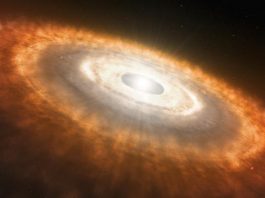A groundbreaking study has unveiled unprecedented insights into the nature of asteroid Ryugu and sheds light on the composition of water- and carbon-rich small bodies in the Solar System.
Meteorites such as asteroid Ryugu are remnants of planetary embryos that never reached larger sizes, making them invaluable windows into materials that formed in the early Solar System. The study centred on laboratory measurements of the samples brought back to Earth by the Hayabusa2 spacecraft in 2020.
Led by the Japan Aerospace Exploration Agency (JAXA), Hayabusa2 aimed to uncover the true nature of Ryugu and explore how astrologists can use knowledge from meteorites to interpret telescopic observations of other hydrous asteroids.
The study, ‘Reassigning CI chondrite parent bodies based on reflectance spectroscopy of samples from carbonaceous asteroid Ryugu and meteorites,’ is published in the journal Science Advances.
The asteroid Ryugu samples revealed surprising effects
Unlike meteorites derived from similar hydrous asteroids, the asteroid Ryugu samples avoided terrestrial alteration – the interaction with oxygen and water in the Earth’s atmosphere.
Reflectance spectroscopy, a primary technique linking laboratory analyses of meteorites to asteroid observations, was employed to compare the fresh samples with meteorites altered in terrestrial environments.
The team successfully developed analytical procedures that avoided exposing the samples to Earth’s atmosphere, ensuring the preservation of their original conditions.
Previous studies suggested that Ryugu’s sample mineralogy resembled CI chondrites, the most primitive meteorites chemically. However, other studies have contradicted this by revealing a significant difference in reflectance spectra between asteroid Ryugu samples and CI chondrites.

Further investigations in the new study indicated that heating CI samples under reducing conditions at 300°C reproduced Ryugu’s sample mineralogy well, resulting in spectra closely matching those of Ryugu samples.
Challenging previous assumptions about the weathering of meteorites
The asteroid Ryugu findings challenge previous assumptions about the parent bodies of CI chondrites and underscore the susceptibility of primitive meteorite spectra to terrestrial weathering.
The study suggests that actual CI chondrite parent bodies likely exhibit darker and flatter reflectance spectra than previously thought.
Kana Amano, a former PhD student at the early Solar System Evolution Research Group at Tohoku University and co-author of the paper, commented: “This study opens new avenues for understanding the composition and evolution of small bodies in our Solar System.
“By considering the impact of terrestrial weathering on meteorites, we can refine our interpretations of asteroid compositions and advance our knowledge of the solar system’s early history.”








